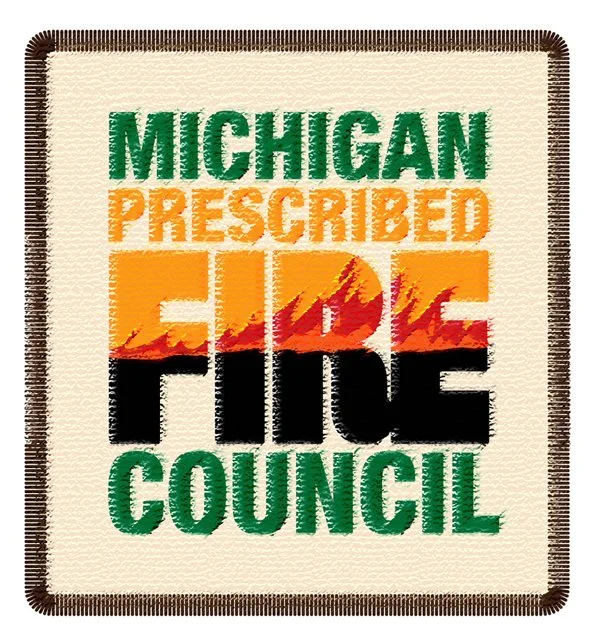Every now and then, the tech sector cranks out something that proliferates so deeply into mainstream culture, it eventually sneaks into every area of our lives. Though these pieces of technology might trouble us just as much as they delight us, there's no denying the excitement they cause, the rush of seeing and interacting with something brand new. Recently something new has stepped into the tech limelight, inhabiting the space once held by camcorders and laptops: DRONES.
Drones went from being new and expensive to commonplace and relatively affordable. As a result of their increased availability, they began to be modified to fit a variety of purposes. They can be used for filming, surveying, monitoring... just about every kind of data gathering that could benefit those working in fire. Having drones to relay live footage of fires and gather info about temperatures, fuel types, spread rates, etc. is remarkably helpful. Even more helpful is the modification of drones to help with lighting backfires, an advance that could drastically alter the safety of combatting fires.
Instead of sending firefighters into compromising situations, what if we could simply fly a drone out to do the truly dangerous work, and have firefighters use their energy on other tasks? Drones may be exactly the help fire crews could use most, as fires become larger, more dangerous, and more unpredictable than ever before. With climate change increasing temperatures globally, we're bound to see more fire in the years to come, and with drones to help our firefighters out, hopefully we can keep up with the challenges to come. Drones allow crews to have a far greater, more instantaneous grasp of the size and behavior of the fires they battle. They can be used to relay live video, take temperatures, keep an eye on smoke, and can even start fires by dropping little chemical spheres that are ignited by the drone.
I'm sure there is fear surrounding the introduction of semi-autonomous machinery in any aspect of our lives. With drones perhaps the fear is lack of control, the ability to be hacked and therefore give criminals access to a flying fire-starter. I understand these fears, but feel that with proper precautions, drones could prove to be far more useful than harmful. I know that for the thousand-acre burns the Michigan DNR does, they are often sorely in need of more hands on deck. Perhaps drones could help give their crews a more complete grip on their burns, and allow them to do their jobs more effectively and more efficiently.
What do you think? Are drones in fire a good idea? Would you want a drone on a burn with you? Let us know in the comments below.

